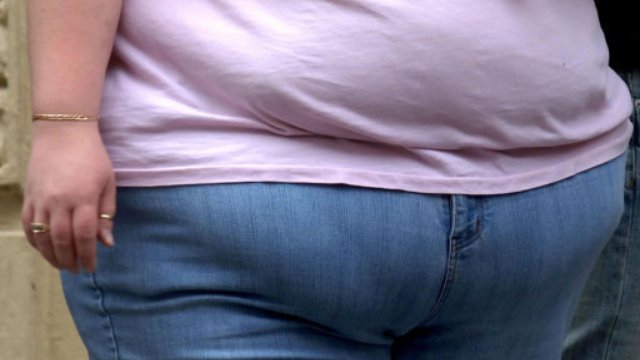Walsall Second Most Unhealthy High Street
2 November 2018, 09:53 | Updated: 2 November 2018, 10:08

Walsall high street is the second most unhealthy high street in the country.
High streets hosting too many "unhealthy" businesses like betting shops, fast food outlets and off-licences could be significantly shortening the lives of locals, according to a new report.
Research by the Royal Society for Public Health (RSPH) found that residents living in towns with lots of bookies and off-licences die younger than those with plenty of libraries and pharmacies.
Its ranking of 70 high streets found those living in the top 10 healthy areas lived an average of two-and-a-half years longer than those with the 10 unhealthiest high streets, Grimsby was crowned the unhealthiest town.
The Health on the High Street: Running on Empty report used a scale giving points for pubs and bars, dentists, opticians, libraries, leisure centres, museums and galleries, pharmacies, coffee shops and vape shops.
Points were deducted for betting shops, payday lenders, fast food outlets, off licences, tanning salons and empty shops.
Stoke-on-Trent, Sunderland, Northampton, Bolton, Wolverhampton, Huddersfield and Bradford all found themselves in the bottom ten.
Coming top in the healthy stakes was Edinburgh followed by Canterbury and Taunton.
Also on the list were Cheltenham, York, Brighton & Hove, Eastbourne, Exeter and Cambridge.
London's many high streets were ranked separately, with Seven Sisters Road in Haringey, Roman Road West in Bow and Thornton Heath in Croydon coming bottom.
Muswell Hill in Haringey, Hornchurch in Havering and Pinner in Harrow were deemed the healthiest high streets in the capital.
The list was first published in 2015 and was updated this year to reflect the changing face of the British high street.
It added off-licences and the growing number of empty shops to the list of negative features on a high street, while cafes and vape shops were added to the positive influences.
Coming top in the healthy stakes was Edinburgh followed by Canterbury and Taunton.
Also on the list were Cheltenham, York, Brighton & Hove, Eastbourne, Exeter and Cambridge. The research found that 4,000 new fast food outlets had opened across the UK in the past five years - predominantly in poorer areas.
Deprived areas now have five times more fast food shops than wealthy neighbourhoods, the RSPH said.
It showed that vape shops have doubled to 2,000 in the last three years, while the number of empty shops on the high street has increased from below 7% in 2007 to 11% in 2017.
The findings come in the wake of the Chancellor's announcement in the autumn budget of several measures aimed at helping ailing high street shops facing decimation by their online rivals.
(PA Image)






